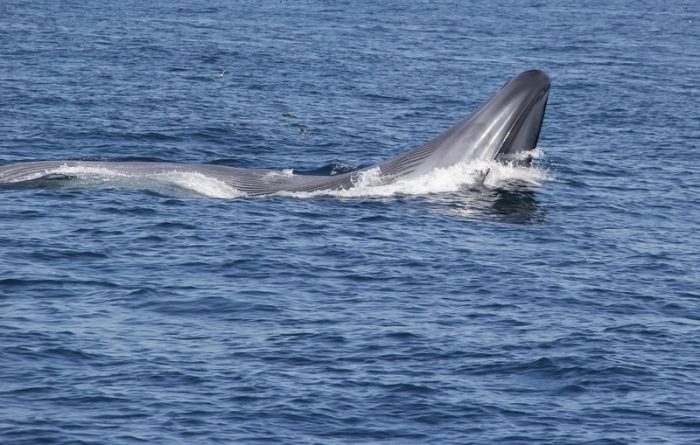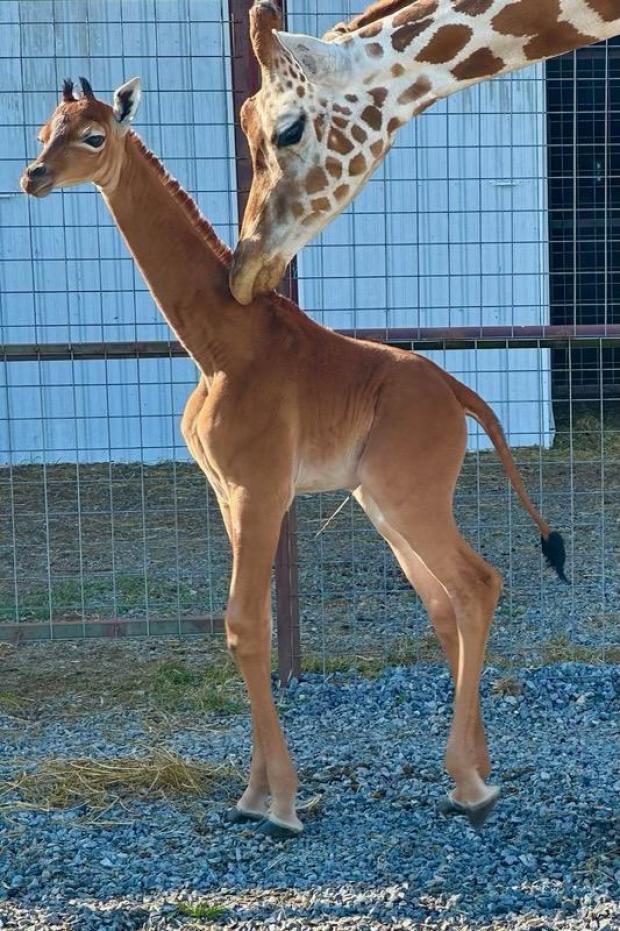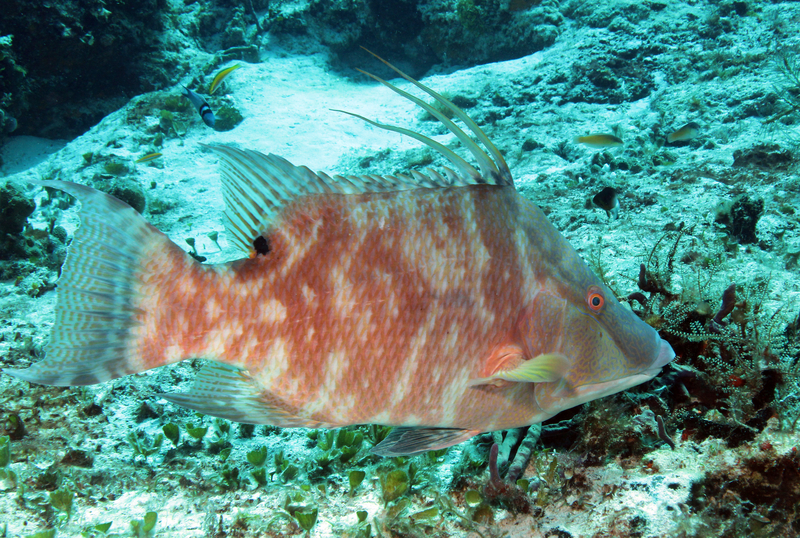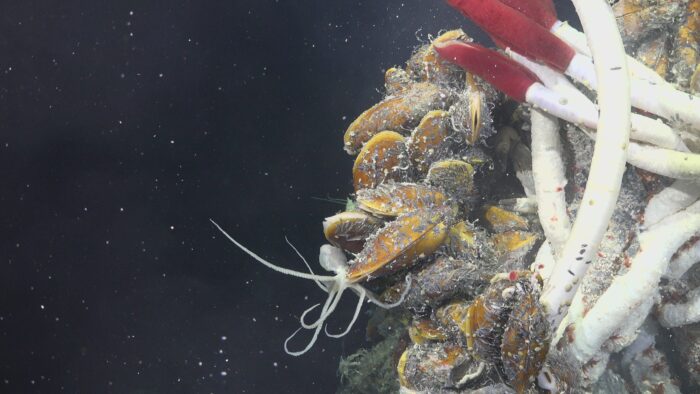The blue whale is the largest animal ever to have lived on the planet. Considering some of the absolutely mammoth creatures that this planet has seen, that is no small feat. (It's actually a huge one, get it?)
When you're over 30 metres (100 feet) long, there really isn't anything about your body that isn't spectacular. But one of the most impressive parts is the blue whale's heart. It weighs around 180 kgs (400 lbs.) and is the size of a golf cart. (For context, the human heart is about the size of a clenched fist.) It's only natural to be curious about how such an organ functions. And you know who are curious? Scientists!
That's why a bunch of them — marine biologists to be precise — attached a heart monitor to a 15-year-old male blue whale and spent nine hours listening to its heart.
Follow your beat
Charging up for another dive... (Getty Embed)
It is already well known that smaller animals have much quicker heartbeats than large ones. The tiny Etruscan shrew's heart reaches an incredible 1,500 beats per minute (bpm). Humans? Our hearts rest at somewhere between 60 and 100 bpm, though they can get up and over 200 during exercise.
So it is unsurprising that a blue whale's heart doesn't get much higher than 34 to 37 bpm. This happens when the animal is surfacing and preparing to dive. As it breathes in deeply, its heart works as hard as it can to pump fresh oxygen into its bloodstream. After a few minutes of this, the enormous whale is ready to take the plunge. And that's not the only thing that drops...
Slow and low
The skeleton of a blue whale is easily as impressive as an dinosaur. (Getty Embed)
On average, the whale's heartbeat dropped to around 4 to 8 bpm. But at its lowest, it fell to a stunning two beats per minute. While we're sure that you can do the math, that is one heartbeat every thirty seconds.
The reason for this? It conserves oxygen. Instead of quickly moving the oxygen-rich blood through its body, it makes sure to use every last morsel of it to feed its brain and mighty muscles.
This technique lets a blue whale spend over 15 minutes underwater at a time, diving around 200 m (over 600 feet) deep. And it's not just sitting there either. This is where it is feeding, taking truck-sized gulps of hundreds of tiny fish at once.
The fact that it can not only stay alive but hunt with such a low heartrate is incredible. But being incredible is just another day in the life of Earth's most gargantuan animal. Keep it chill, big blue!
 A blue whale's heartbeat is much faster when it is surfacing than when it dives. (© Michael Peak - Dreamstime.com)
A blue whale's heartbeat is much faster when it is surfacing than when it dives. (© Michael Peak - Dreamstime.com)









